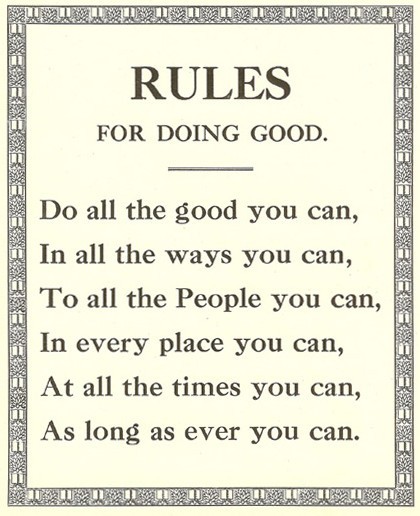I am a Spurs fan. Always have been. Though I have made my home in another city for the past 15 years, my hear still beats for the black and silver. I have always appreciated their poise and character, and have dedicated my basketball fandom to the Spurs for all time.
If you are successful, you will win false friends and true enemies. Succeed anyway.
 The Spurs have found plenty of true enemies, though I have not encountered many I would describe as false friends (fans); I am sure they are out there. Plenty of other successful NBA organizations have gathered false friends (I can visualize the flood of fans fleeing the Lakers bandwagon at the moment), and I count myself among the true enemies of such teams as the Lakers, the Mavericks, and the Jazz (I am shaking my fist at you, Karl Malone).
The Spurs have found plenty of true enemies, though I have not encountered many I would describe as false friends (fans); I am sure they are out there. Plenty of other successful NBA organizations have gathered false friends (I can visualize the flood of fans fleeing the Lakers bandwagon at the moment), and I count myself among the true enemies of such teams as the Lakers, the Mavericks, and the Jazz (I am shaking my fist at you, Karl Malone). |
| Yes, this is Teen Wolf. The original. They wanted the wolf. He gave them a win. |
- I first encountered an adapted version of the “Paradoxical Commandments,” titled “The Final Analysis,” while listening to a Wayne Dyer audio CD in my early twenties. The meaning and message struck me as true, helping guide my thoughts and actions as I developed from a big kid into a real adult. Later, I discovered the poem was not actually written by Mother Theresa at all, but adapted, framed, and hung on the wall in her Calcutta orphanage. She cared about its message enough to use it to empower the weak and marginalized children to whom she gave her life.
The Paradoxical Commandments are reprinted with permission. © Copyright Kent M. Keith 1968, renewed 2001











